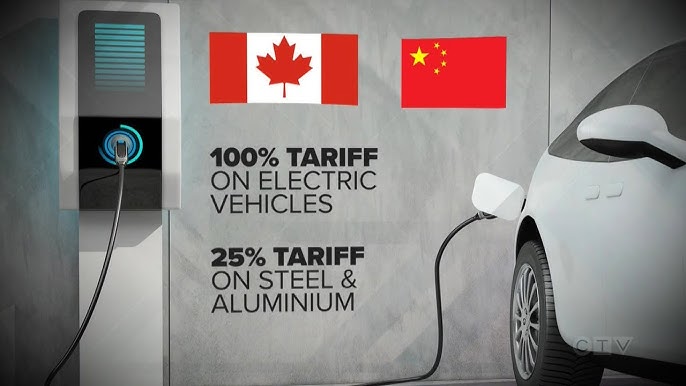
Hugh Stephens, Distinguished Fellow, Asia Pacific Foundation of Canada
Oct 04, 2024
As one of the United States’ closest allies in the West, Canada’s foreign policy tends to generally align with that of the U.S. With anti-China tensions building in both countries, Canada’s latest moves could end up hurting its relationship with China without a more nuanced approach.
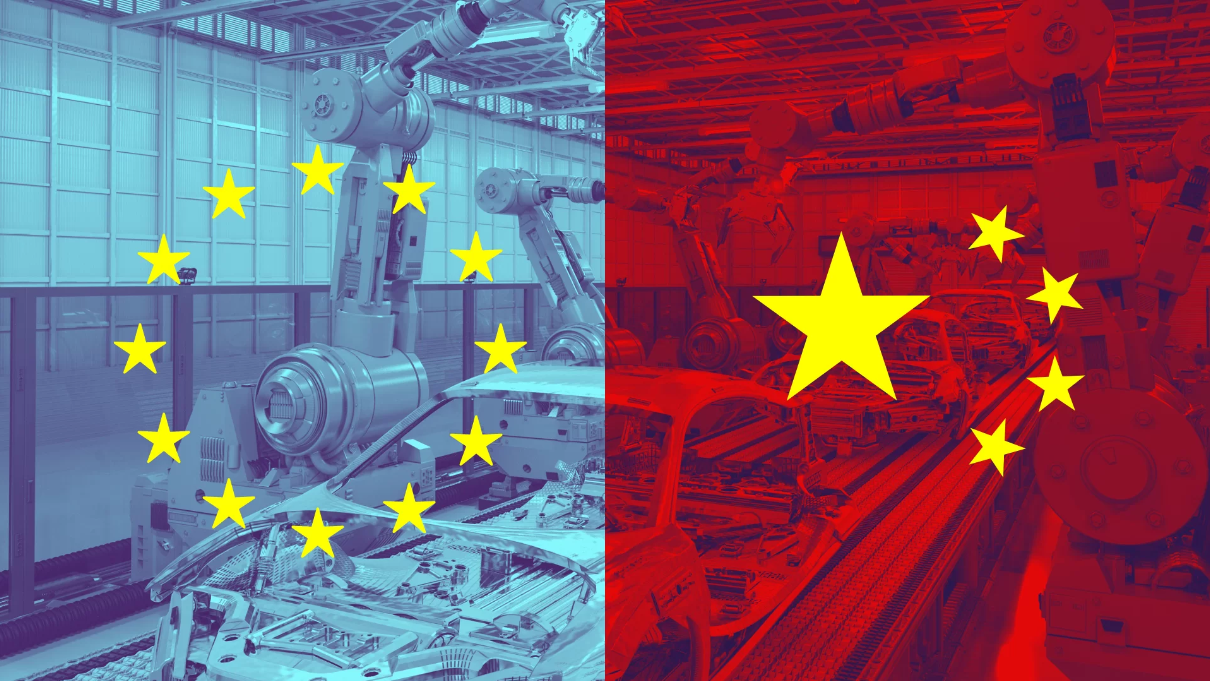
Sebastian Contin Trillo-Figueroa, Geopolitics Analyst in EU-Asia Relations and AsiaGlobal Fellow, The University of Hong Kong
Aug 05, 2024
By imposing provisional duties on Chinese EV imports, the EU seeks to protect its automotive industry while navigating complex internal and external pressures, with the potential for significant economic and geopolitical fallout if a full-scale trade war ensues.
Dong Yifan, Assistant Research Fellow, China Institutes of Contemporary International Relations
Jul 26, 2024
As the countries lean more to the left, they may use relations with China to counter the growing radical right movement in the United States and its domino effect in Europe.
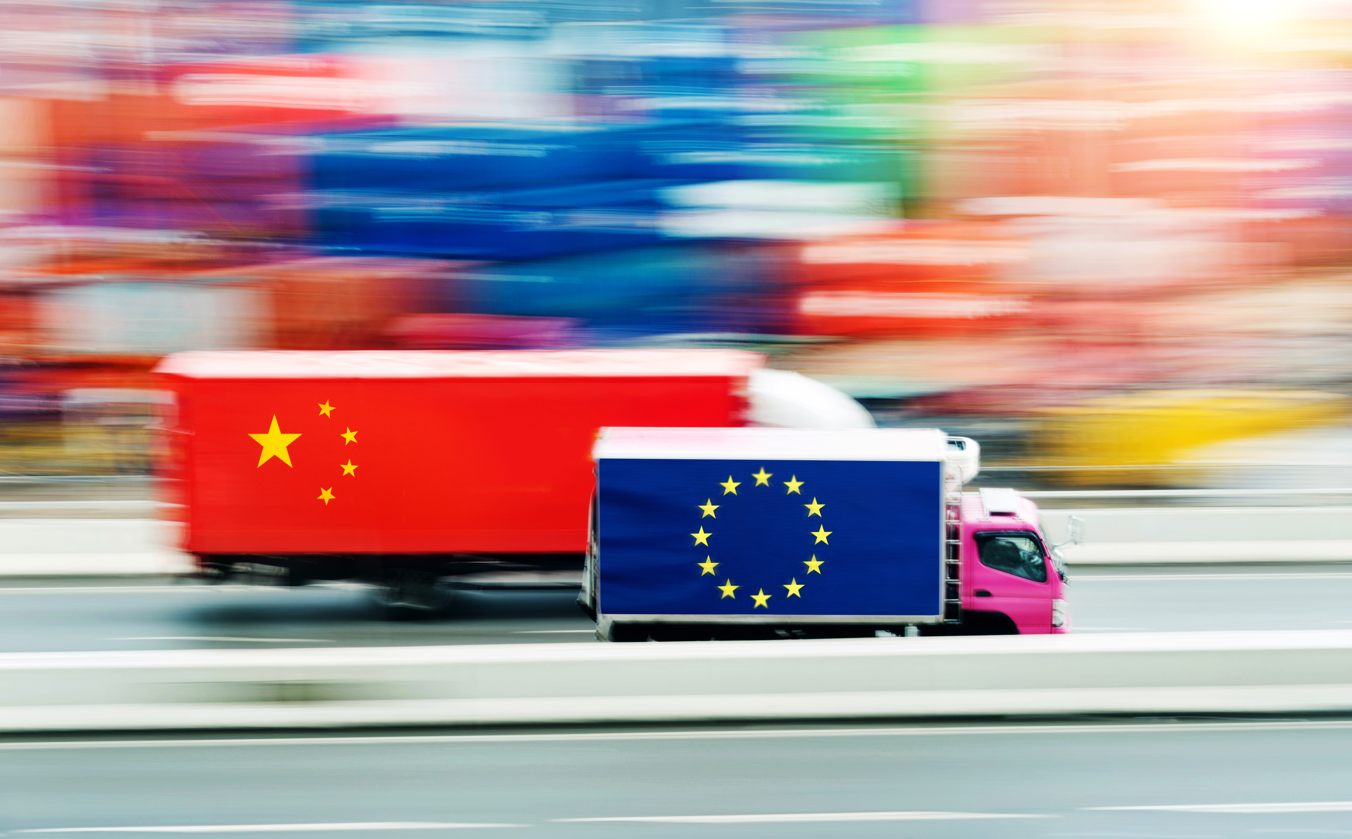
Shang-Jin Wei, Professor, Finance and Economics at Columbia University
Jun 20, 2024
On June 12, the European Union announced new provisional levies on Chinese electric vehicles (EVs), with the tariff level to be based on estimates of how much state support an EV exporter receives. The new tariffs follow from a months-long investigation into China’s use of financial subsidies, and they will be imposed on top of the 10% tariff that the EU already has in place. They are “provisional” because they might be revised downward if Chinese producers can offer evidence that the support they receive is less than estimated. Separately, if the EU can reach an agreement with China to reduce the volume of Chinese EV exports to Europe, the new tariffs may not be implemented.
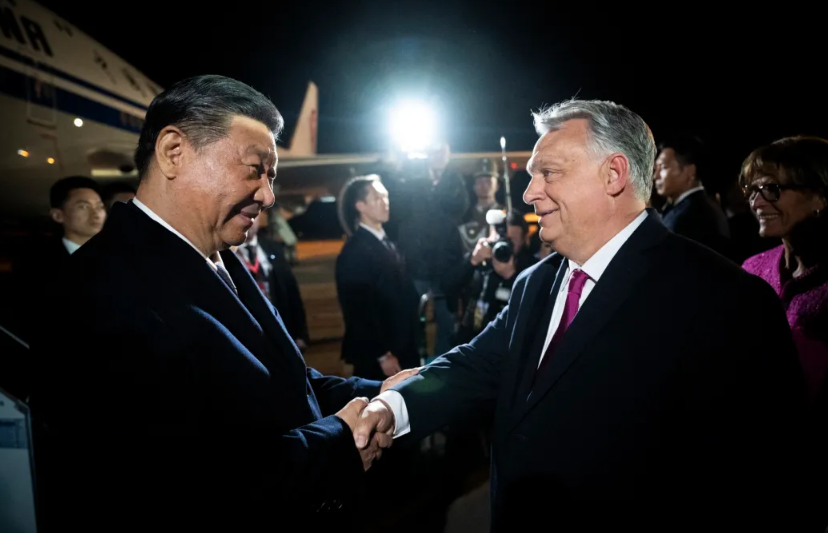
Vasilis Trigkas, Visiting Assistant Professor, Schwarzman College, Tsinghua University
Jun 07, 2024
Hungary's strategic partnership with China represents a bold pivot aimed at enhancing its geopolitical and economic standing amidst an era of great power competition. But to safeguard itself from geopolitical storms Hungary aims to work within the EU and punch above its weight to catalyze European strategic autonomy.
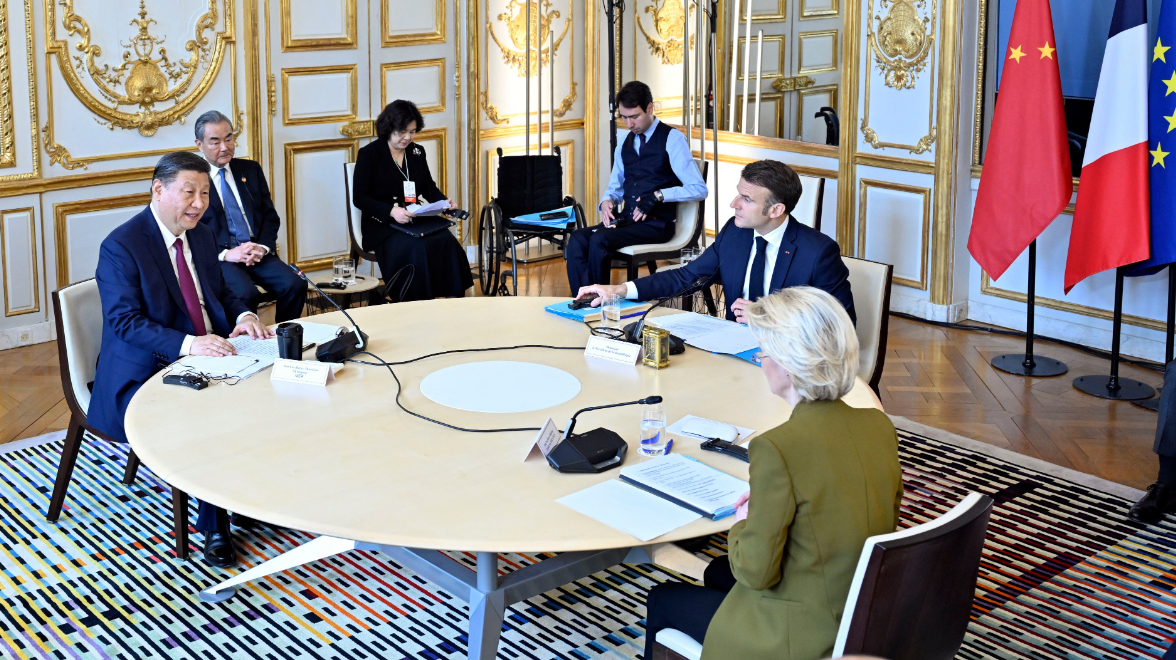
Brian Wong, Assistant Professor in Philosophy and Fellow at Centre on Contemporary China and the World, HKU and Rhodes Scholar
May 30, 2024
For a robust Sino-European partnership, Beijing must recognize European interests, particularly the EU's strategic autonomy and security concerns, and address economic competition while fostering collaborative ventures to repair and enhance bilateral relations.
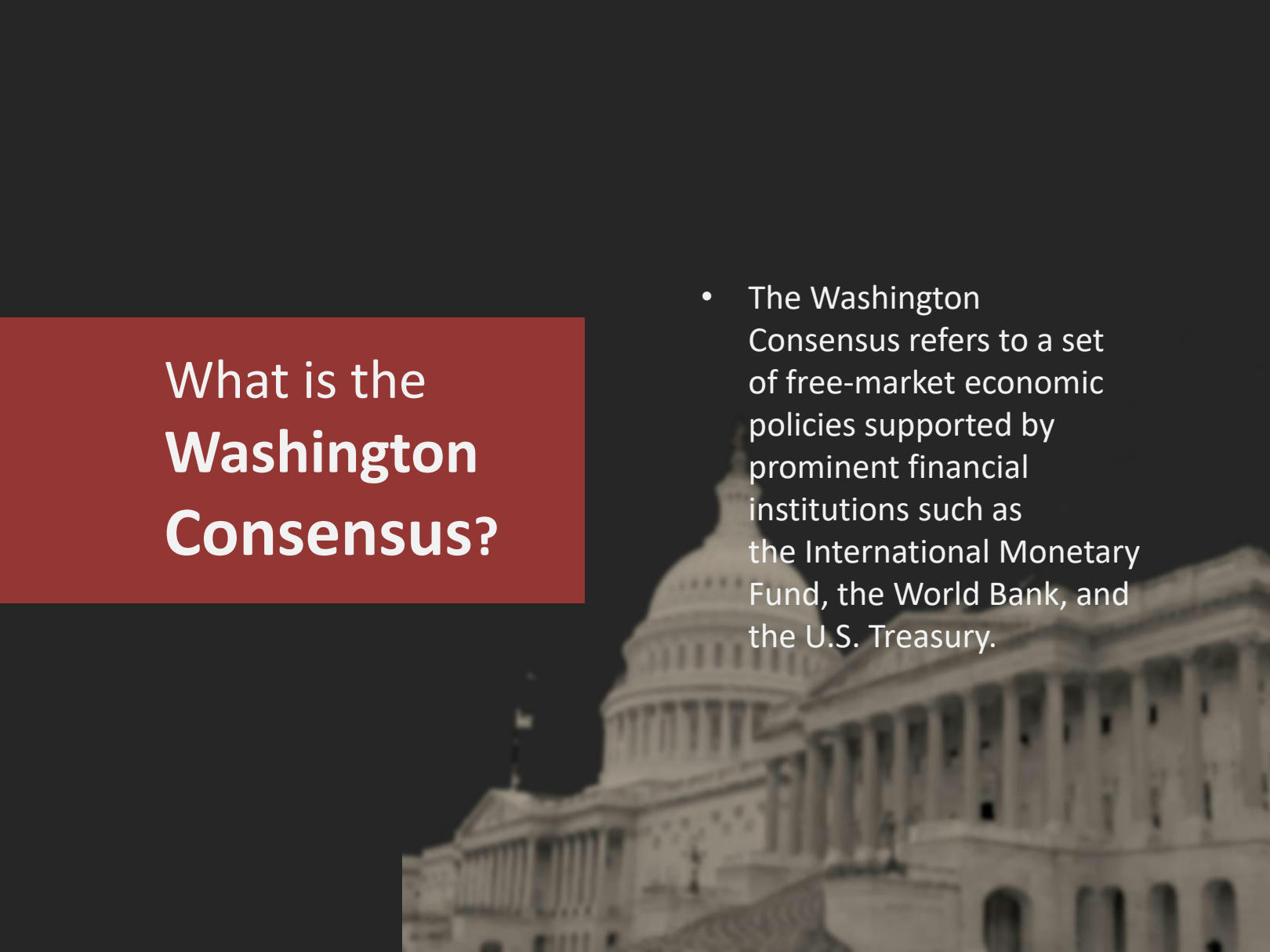
Christopher A. McNally, Professor of Political Economy, Chaminade University
May 30, 2024
The Biden administration’s new tariffs on Chinese goods are primarily symbolic and political, with negligible economic impact, but they aim to protect and foster the U.S. clean energy supply chain, particularly in the EV sector. However, the tariffs are politically motivated and could undermine industrial policy goals by focusing on geopolitical competition rather than applying uniformly to all countries.
Eric Harwit, Professor, University of Hawaii Asian Studies Program
Apr 19, 2024
As electric vehicle production ramps up in the 21st Century, a global assessment of the crucial battery production needed to sustain the industry’s growth reveals how the U.S. and China have brought their differences into this arena.
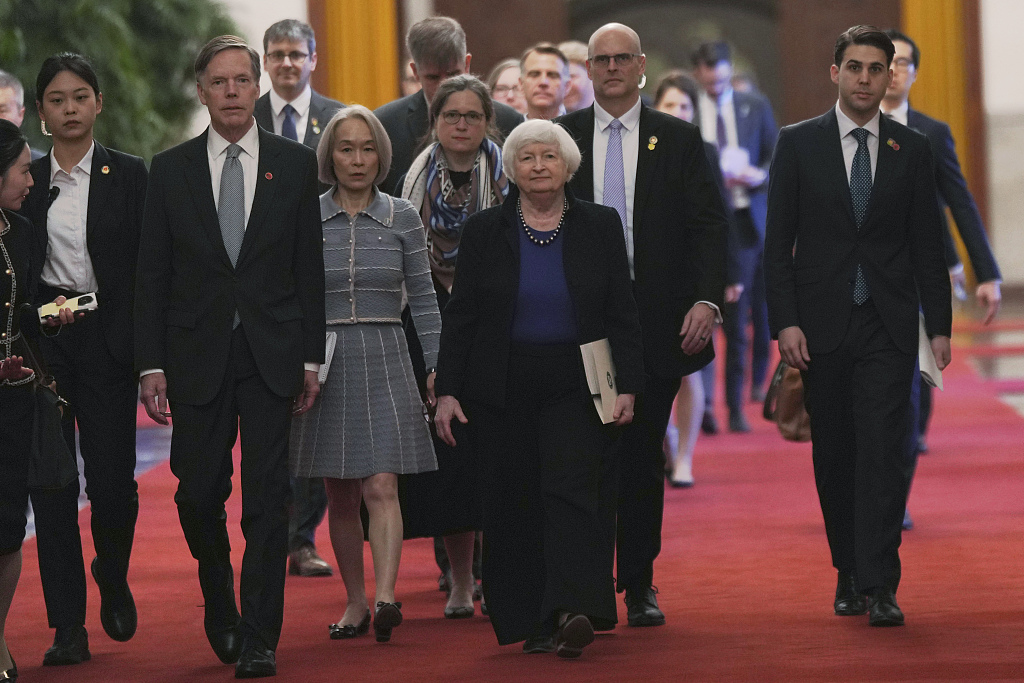
Warwick Powell, Adjunct Professor at Queensland University of Technology, Senior Fellow at Beijing Taihe Institute
Apr 09, 2024
US Treasury Secretary Janet Yellen recently visited China. The visit and the core messages that accompanied it were remarkable because they evinced an America short on confidence but imbued with its historic sense of entitlement.